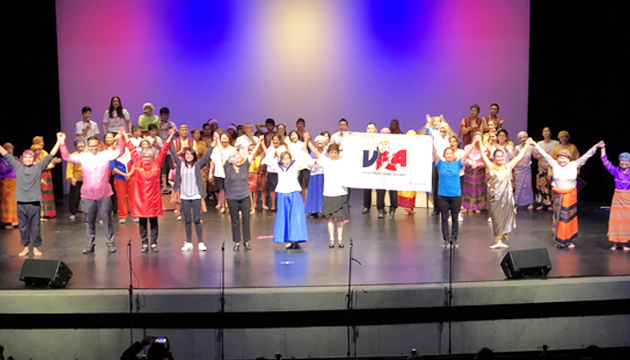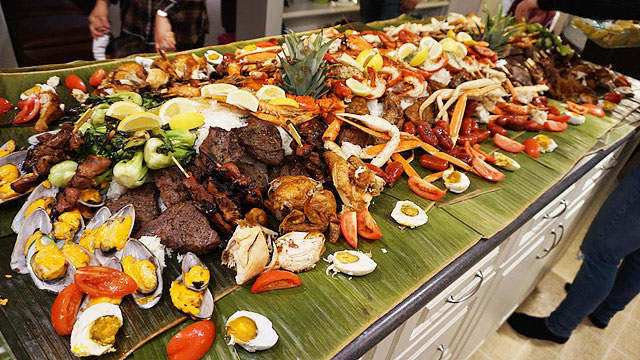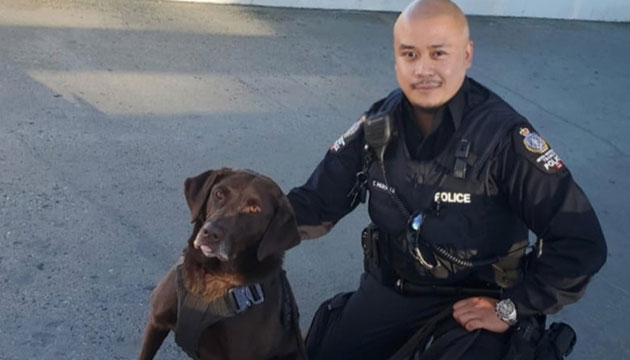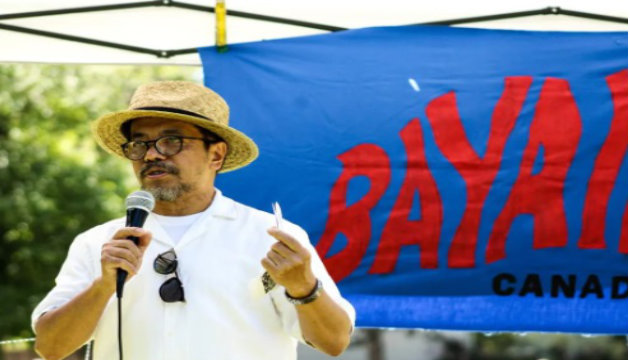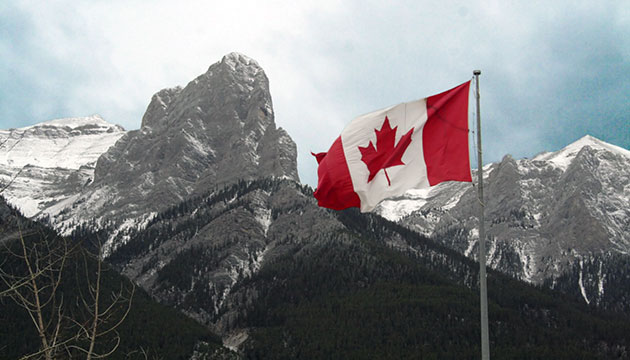2019 is shaping up to be a historic year for Canadian Filipinos.
In the Philippines, general elections are taking place mid-way into the current Duterte administration in May, and ballots for overseas voting have been mailed to every registered voter residing elsewhere in the world.
Campaign period has started in the Philippines with hundreds of candidates belonging to over a hundred political parties tirelessly travelling to every nook and cranny to convince voters to vote for them.
Come October, Canada’s federal elections takes place which political pundits are hard-pressed to predict who the ruling party will be, what with the Liberal party currently embroiled in the SNC Lavalin scandal, with both the NDP and Conservatives having a field day, weaponizing the scandal to discredit the Liberals.
History does not repeat itself. There will never be another Jean Chretien or a Cory Aquino. People will change the course of history and move the tides of change. When citizens cast their votes, they make history by electing those they choose to lead the nation and manage its coffers.
In 2016, Rodrigo Duterte won the presidency by plurality, armed with the promise of ridding the nation of drugs, claiming that illegal drugs is the root of the nation’s evils. Almost three years into his presidency, the drug war has claimed many lives, officially veiled as “homicides under investigation” by the Philippine National Police. In the last three years, a Supreme Court Chief Justice was removed from office and a duly-elected senator was put in jail – both done by dubious means. The nation still isn’t rid of illegal drugs and the President himself just recently declared that the drug situation has become even worse.
Corruption is an illness the Philippines can not quite shake off despite the many revolts against conquerors, or the First Quarter Storm of the ‘70s or the People Power Revolution in the ‘80s.
Closer to these shores but not unlike the Philippines, Ottawa is a picture of a divided government, if not nation. Just a few months into the October elections, a scandal erupted in Parliament where drama continues to play out not between political parties but within the ruling Liberal party.
It was a literal “he said, she said” between former Justice Minister Jody Wilson-Raybould on one side and former Trudeau advisor Gerald Butts on the other. They were both talking about the same series of events, meetings and email exchanges but the interpretations vary greatly. One side felt undue political pressure, the other declaring “that what happened last fall is in fact very different from the version of events you heard last week”, referring to Wilson-Raybould’s statements.
In the middle is Justin Trudeau, Prime Minister and leader of the Liberal party, who was initially praised for creating a Cabinet that was rich in diversity. He now insists the party is as united as ever. This is the same Prime Minister who had violated Canadian ethics laws when he and his family vacationed at Aga Khan Shah Karim al-Husseini’s property in the Bahamas. Trudeau claimed he and Aga Khan are family friends and therefore receiving gifts from friends isn’t unethical. But the ethics commissioner begged to differ, noting Khan and Trudeau hadn’t spoken in 30 years. Alas, Canada is not immune to corruption.
We, Canadian Filipinos, will inescapably look at these two political landscapes, whether one country or the other is one’s country of birth, adoptive country or one’s country of heritage. Both countries we love, but love differently.
Love of country demands action. To remain undecided on issues that affect us is to give more power to those who already abuse power. It may be confusing these days to “fight” these battles because of the power of social media and the ability of trolls to create fake news and spread it. We rarely take to the streets; we wage war on Facebook and Twitter. But if there is one singular peaceful and democratic opportunity that will allow an ordinary citizen to move political mountains, it is exercising one’s right to vote.
Years from now when historians look back at election year 2019, what would they say? Would they write that the populace went out to vote and caused historic changes? Or would this year not even be worth a mention?
By the CFNet Editorial Board
Contact us at: This email address is being protected from spambots. You need JavaScript enabled to view it.



